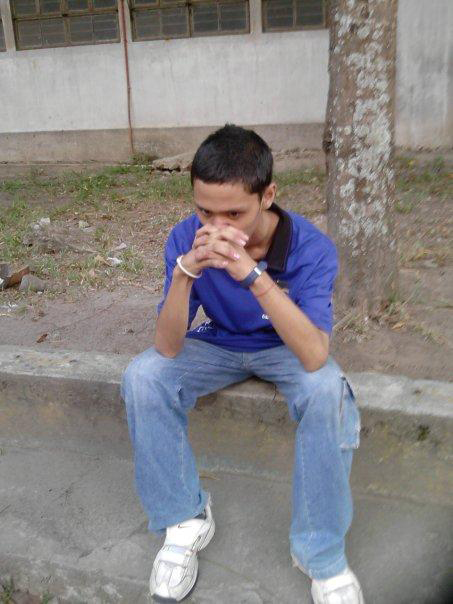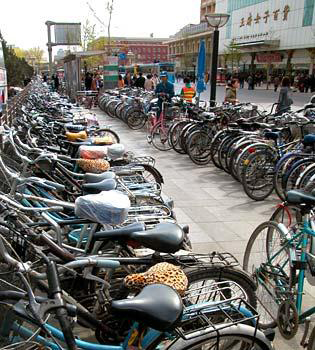Your Turn
By Peace Flores
Despite suffering from mild cerebral palsy since childhood, the author is a second-year Secondary Education, English Major at the University of Negros Occidental – Recoletos (UNO-R), Bacolod City.

I am an ordinary person with ‘extraordinary needs’. I also live near UNO-R where I am currently taking up my college education. Being physically challenged due to cerebral palsy, I really cannot stand the hot days. Instead of walking to school I have to take a ride with one of our friendly neighborhood trisikad (tricycle) drivers. I really appreciate their efforts to put the pedal to the metal not only for me to arrive at school conveniently, but also to earn for their families’ needs.

Regardless of their meager conditions, trisikad drivers are often misunderstood. Some people mistake most of them for drunkards and vagabonds, if not hold-uppers and rapists. However, not all tricycle drivers have unlawful tendencies. Many of them are working hard to financially uplift themselves and their families. In their earnest and honest work, I think that those people really need assistance from the government and well-off sectors so that they can have a high level of security in their work.
From what I’ve read in Fr Oliver McCrossan’s report, Pedaling to Live: The Journey Continues, efforts by some kindhearted individuals to offer tricycle drivers in Ozamis City an income-generating program are exemplary. Beginning with five tricycles in April 2006, ‘Pedaling to Live’ now has 74 tricycles operating around Ozamis. That is a good development.
Indeed, 74 tricycles are fewer than the nine million bicycles in Beijing but grassroots programs like ‘Pedaling to Live’ in Ozamis City are already a great help for the drivers and a good start for genuine progress. Programs like this are beneficial to the environment since tricycles are pollution-free; also, they are economically feasible as a way for the drivers to earn because of their affordability.
Even more amazing are the benefits the drivers get from the program, like micro-amortization for the tricycles, savings accounts for the drivers, health check-ups for their families, scholarships for their children, loans for house repairs, and more. With these, ‘Pedaling to Live’ seems to be more than an income-generating program as it does more for the good of those tricycle drivers and their families.
I hope that the government and some well-off sectors can take a cue from what Fr McCrossan and his management team have started in Ozamiz City.
You may email Peace at gaiuspaxflorius@yahoo.com .
